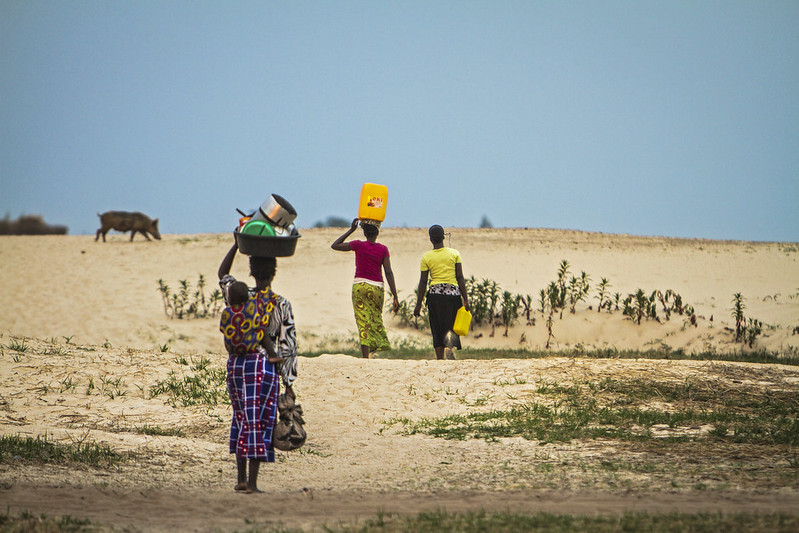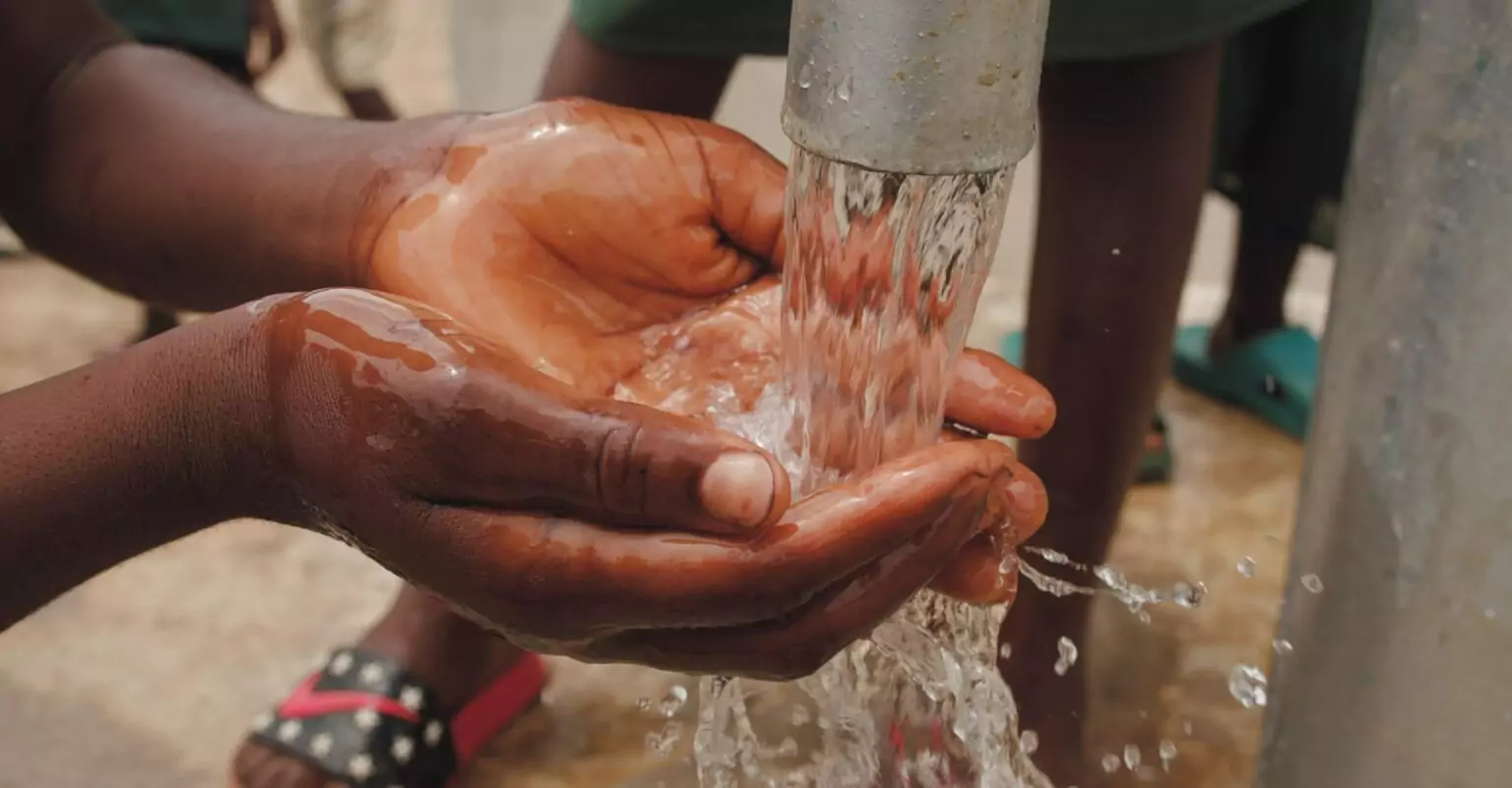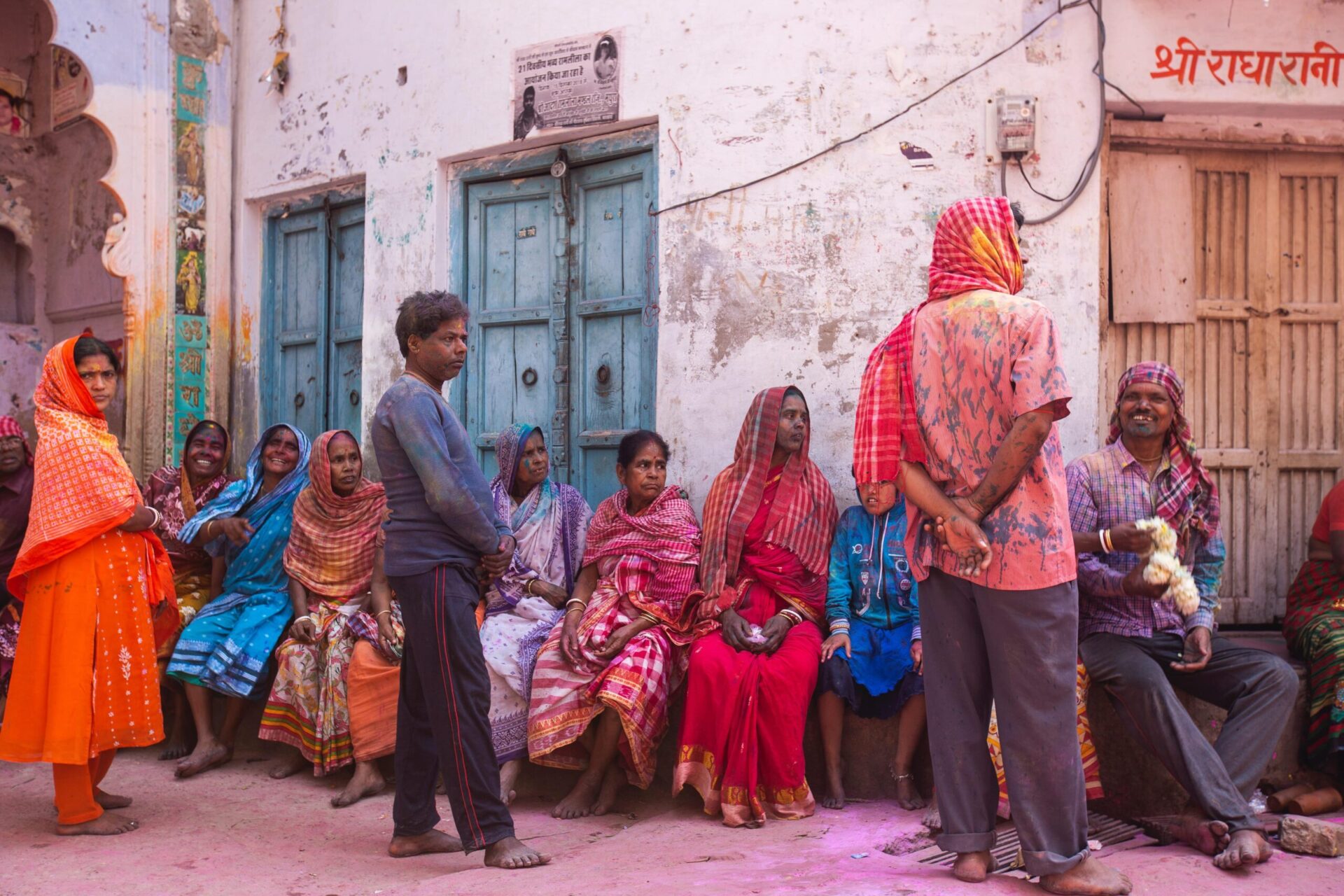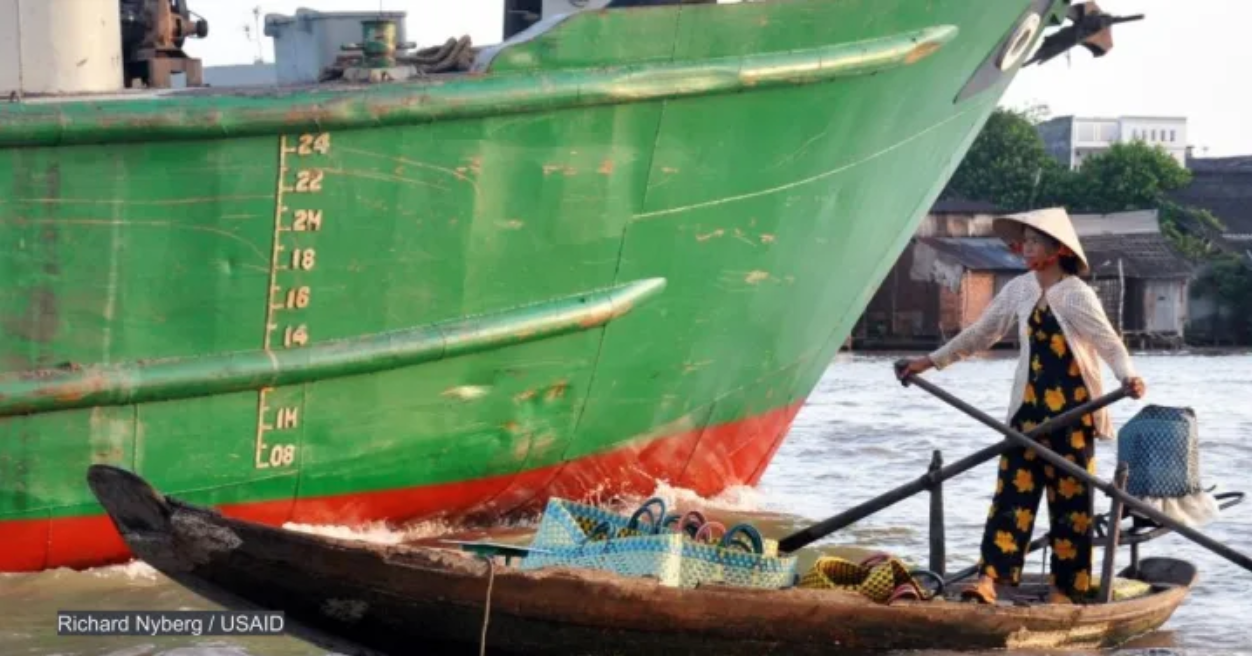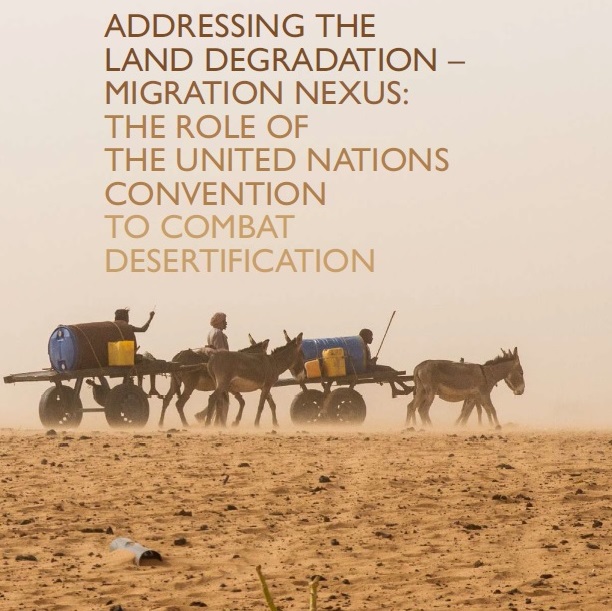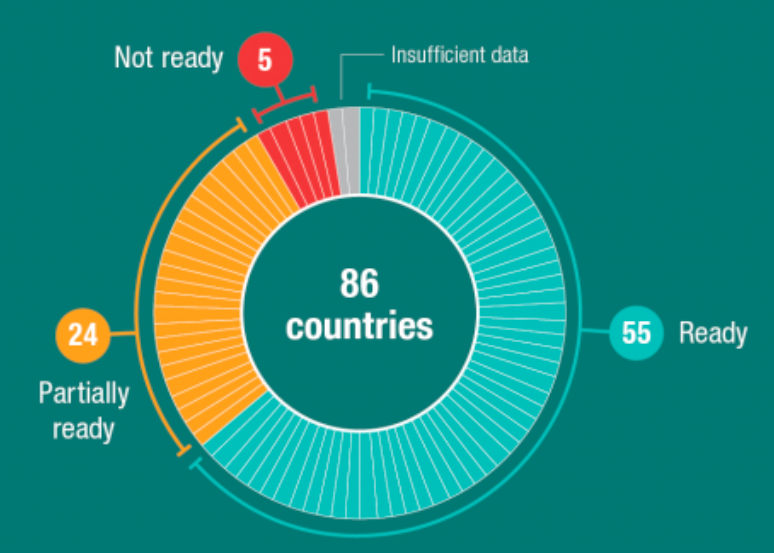inequality
Engaging with the politics of climate resilience towards clean water and sanitation for all
In this journal article, world-leading water specialists from academic and practitioner communities propose a roadmap to meaningfully engage with the complex politics of climate resilient water security.
Just Resilience for Europe: Towards measuring justice in climate change adaptation
Learn about the current state of knowledge on justice and equity concerns for European sectors, the current policy landscape and progress for the EU and in Member States and lastly what means of evaluating, monitoring and measuring progress towards justice in climate adaptation is already available and what needs to be developed.
Principles for Locally Led Adaptation
Learn more about the principles for locally led adaptation. Developed by the Global Commission on Adaptation, the principles aim to guide the adaptation community as it moves programs, funding, and practices towards adaptation that is increasingly owned by local partners.
Slow-onset climate hazards in Southeast Asia: Enhancing the role of social protection to build resilience
This report examines those issues and identifies principles to guide future research on social protection to build resilience to slow-onset events, focusing on coastal communities.
Addressing the Land Degradation –Migration Nexus: the Role of the United Nations Convention to Combat Desertification
A review of existing evidence, good practices, and policy recommendations on the complex interrelationships between migration and desertification, land degradation and drought.
‘Leave no one behind’ index, ODI 2018
This index reviews the readiness of 86 countries to ‘leave no one behind’, covering all the countries that are presenting Voluntary National Reviews (VNRs).
